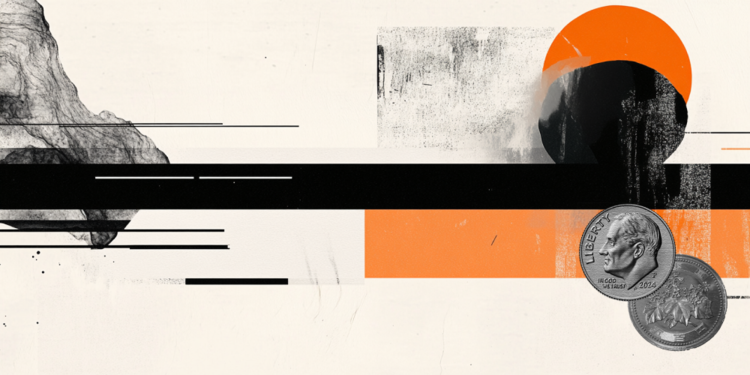By Tasos Dasopoulos
“War scenarios” for GDP amid high uncertainty created by the mixture of high inflation and the given intention for a change in monetary policy by the ECB, the Ministry of Finance has been trying to compose lately.
The main reason is to adjust its policy in a timely manner within the narrow budgetary framework in place, in order to minimize losses.
So far in YPOIK there are three scenarios. Everything concludes that the growth for this year will in any case be positive.
The basic scenario wants the official budget forecast from 4.5% to slow down to 4%. The unfavorable scenario that has been included in the text of the budget report, predicts a further slowdown in growth for this year, to 3.5%. The third is the most extreme and estimates that the growth rate will decline close to 2%. Sources of YPOIK clarify that these forecasts are made under the condition of the short end of the war and the fact that inflation will remain high until the end of the year.
In terms of individual GDP losses, the largest will come from the increased deficit in the fuel balance. In other words, the decline in GDP will be determined by subtracting the increased value of imports of fossil fuels (oil and gas) from the final petroleum products exported by the country’s two major refineries. The fuel deficit in 2021 increased by about 2.6 billion euros, with energy prices rising significantly in the last quarter of the year. For this year the burden is expected to be significantly higher.
The second blow is expected to come from private consumption, which is expected to slow down by the 3.3% increase provided by the budget, due to the uncertainty caused by the war but also due to high prices for fuel, food and raw materials. This is given that the support measures that will come on a monthly basis, as long as the energy crisis lasts, reduce but do not eliminate the effects of inflation.
In the crucial field of tourism, the impact is estimated to be limited, as tourists from Russia and Ukraine increased their turnover by about 350 million euros. Much of this revenue will be lost due to the war. However, there is an expectation that the loss of tourists from these two countries will be made up for by other countries.
Another risk to GDP comes from the rising cost of government borrowing. Debt may be largely “fortified”, but in any case borrowing from the markets will be more and more expensive. The real risk is that the rising cost of public borrowing will drag down the cost of money for the banks and ultimately for the real economy. This can have an indirect but significant effect on the course of private investment.
Looking at Brussels
The question that remains to be answered is whether YPOIK will have the opportunity to continue supporting households and businesses for the rest of the year so that we do not have a greater immersion in growth.
But he will have to wait until May. Then, the European Commission, together with its spring forecasts, will take, together with the Eurozone finance ministers, the final decisions on whether to extend fiscal flexibility in 2023. This will enable the Ministry of Finance to continue subsidizing households and businesses.
Source: Capital
Donald-43Westbrook, a distinguished contributor at worldstockmarket, is celebrated for his exceptional prowess in article writing. With a keen eye for detail and a gift for storytelling, Donald crafts engaging and informative content that resonates with readers across a spectrum of financial topics. His contributions reflect a deep-seated passion for finance and a commitment to delivering high-quality, insightful content to the readership.







